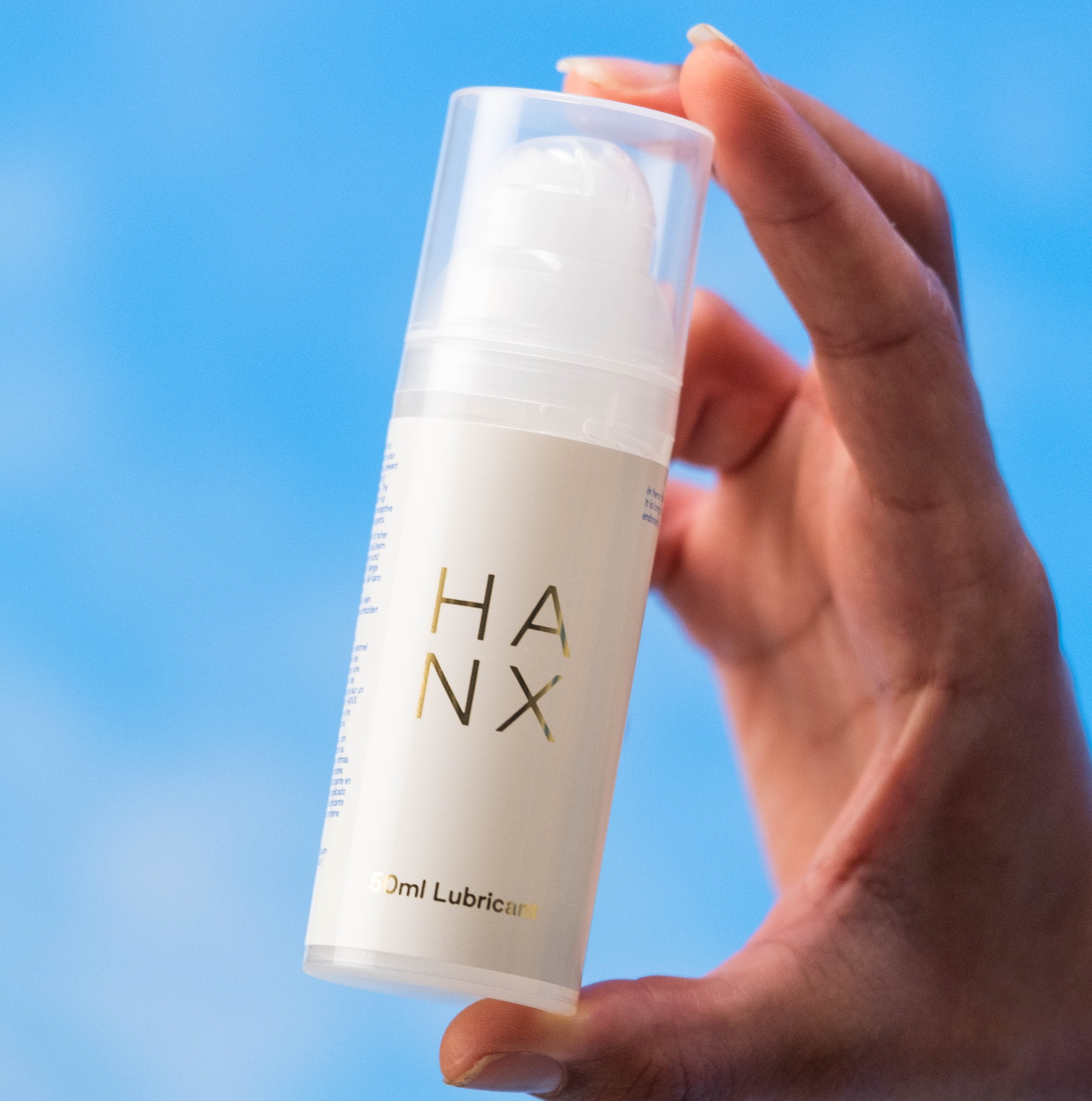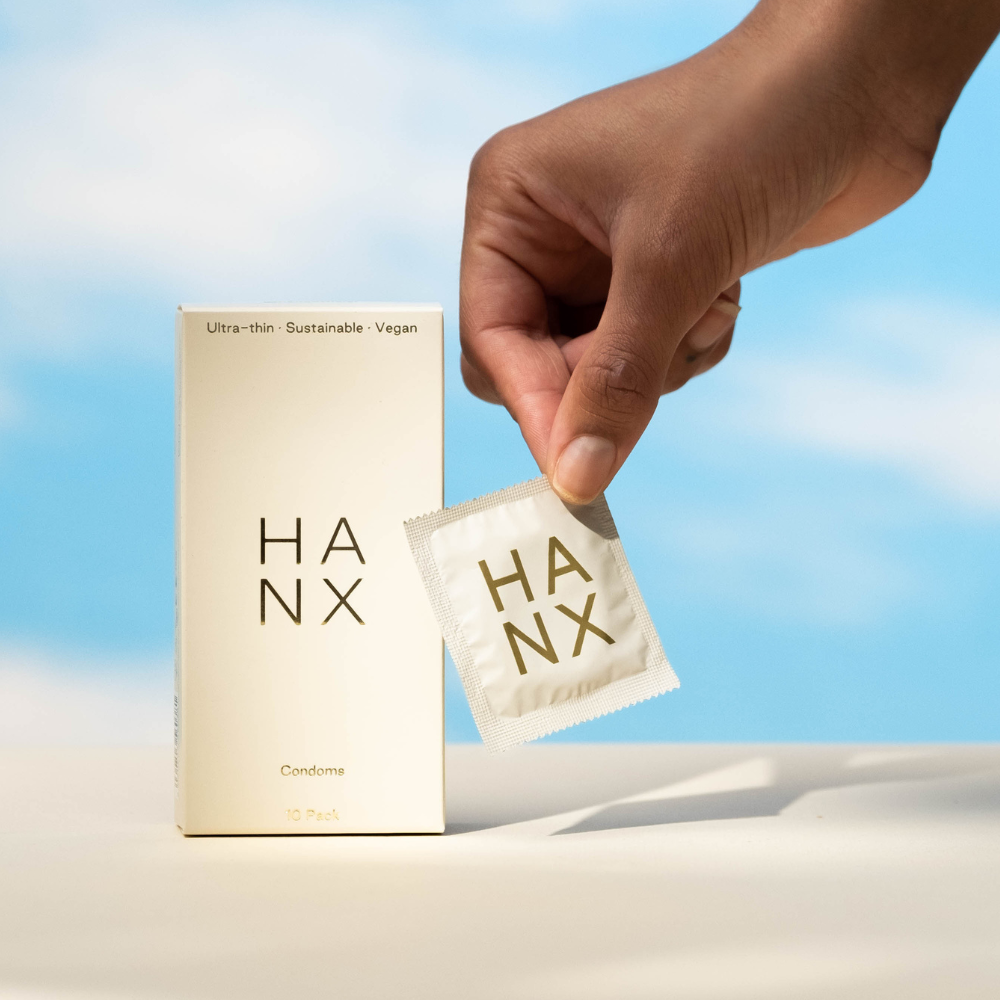Six Perimenopausal Super Foods You Need In Your Diet
Heard the headlines that certain super foods can soothe perimenopause symptoms? Some studies say so - and we’re certainly all about getting the properly balanced nutritional hit from our lunch boxes, especially if it helps us navigate brain fog and sudden sweating bursts. If you're looking for lunchbox inspiration that just so happens to soothe some of the most irritating perimenopausal symptoms, you'll want to get your shopping list out...
What is perimenopause?
Perimenopause typically starts around a woman’s 40s but can occur earlier or later based on the individual. It can last up to 10 years, but the average time that a woman spends in perimenopause is 4 years, and for some women much shorter. This transitional phase is usually accompanied by hormonal fluctuations that lead to a range of symptoms such as hot flashes, mood swings, and weight gain. You might find that your weight is creeping up, despite eating the same diet as you have previously. Frustrating as it may be, there are various reasons which might be the culprit: lack of sleep due to menopausal insomnia, pain during exercise and as nutrition experts at Zoe have found, changes to your gut microbiome. During perimenopause, the body experiences hormonal changes, including fluctuations in estrogen and progesterone levels. These hormonal changes can impact metabolism, hunger and satiety signals, and fat distribution in the body, all of which can contribute to weight gain. Here’s how:
- Metabolism: Oestrogen helps regulate metabolism, and as oestrogen levels decline during perimenopause, the metabolism may slow down. This can lead to fewer calories burned at rest and potentially contribute to weight gain.
- Hunger and satiety signals: Hormonal fluctuations can also affect hunger and satiety signals in the body (aka how full we feel after a meal). Some women may experience increased cravings for high-calorie foods or feel less satisfied after eating, which can lead to snacking, consuming more calories and ultimately, gaining weight.
- Fat distribution: Oestrogen plays a role in where fat is stored in the body. As oestrogen levels decrease naturally in perimenopause, fat may be more likely to be stored in the abdomen.
Why is managing weight so important during perimenopause?
Firstly, carrying excess weight around the midsection can increase the risk of developing health issues such as heart disease, diabetes, and high blood pressure. This type of weight gain, also known as visceral fat, can be particularly harmful as it surrounds organs and can disrupt their function. Additionally, perimenopausal weight gain can have negative impacts on our self-esteem and body image.
The best foods to help manage perimenopause symptoms
One way to manage these symptoms and support your overall health during perimenopause is by incorporating certain foods into your diet. From bumping up the nutrients in your breakfast to making treats work a little harder, here are six ingredients that can help with perimenopause symptoms:
- Flaxseeds. Flaxseeds are rich in lignans, a type of phytoestrogen that can help balance hormonal levels during perimenopause. They’re also a good source of omega-3 fatty acids, which can reduce inflammation and support heart health. Try a tablespoon sprinkled and blended into a smoothie, scatter some over a salad or stir into a yoghurt.
- Soy. Soy products like tofu, edamame, and soy milk contain isoflavones, another type of phytoestrogen that can help alleviate hot flashes and other menopausal symptoms. In fact, studies have shown that women who consume soy regularly have fewer menopausal symptoms. Well, that’s an extra nudge to treat yourself to a sushi set for lunch…
- Fatty fish. Fatty fish like salmon, mackerel, and sardines are high in omega-3 fatty acids, which can improve mood and support brain health during perimenopause. They also contain vitamin D, which is important for bone health as estrogen levels decline. If you’re a vegan or vegetarian, look for protein-rich and fortified plant alternatives such as tofu, or mushrooms, for a vitamin D boost.
- Leafy greens. Leafy greens like spinach, kale, and Swiss chard are rich in calcium, magnesium, and vitamin K, which are essential for bone health during perimenopause. They also contain phytonutrients that can help reduce inflammation and support cardiovascular health. Team HANX top tip: we’re a big fan of roasting kale with a little lemon juice and nutritional yeast to replace bog standard lettuce in a DIY Caesar salad.
- Berries. Berries like blueberries, strawberries, and raspberries are packed with antioxidants, which can help combat oxidative stress and inflammation associated with perimenopause. They are also low in calories and high in fiber, making them a great choice for weight management. Make like the Little Lad and pop them into your morning smoothie with a spoonful of flaxseed, freeze for a cheeky afternoon treat to nibble at your desk or top salads with a scattering of blueberries.
- Nuts and seeds. Nuts and seeds like almonds, walnuts, and chia seeds are rich in healthy fats, fiber, and plant-based protein, making them a great snack option for perimenopausal women. They also contain vitamins and minerals like magnesium and vitamin E, which can support hormone balance and heart health. A small handful of nuts can be chopped up, stirred into morning porridge, sprinkled into salads (with beetroot and goats cheese, yum) or roasted in the oven/air fryer with your favourite spice blend.
It’s important to consider wellness in perimenopause holistically. Yes, if your diet is fit to burst with vitamins, minerals and nutrients, that’s a good start. However, plenty of regular (not-too-strenuous) movement, pleasure, enjoying the sunshine (wearing a good SPF) and a top-quality menopause supplement all contribute to your health and happiness at this transitional life stage.
Want more?
- What is perimenopause? Our guide to this less-than-talked-about time.
- Confused in the nutrition aisle? Our in-house gynae expert shares her top tips on the best menopause support supplement.
- Hot flash: we dive behind the headlines to explore a controversial treatment for menopause symptoms.
- Looking to manage your weight during menopause? See if you're eligible for our HANX weight management programme.






















